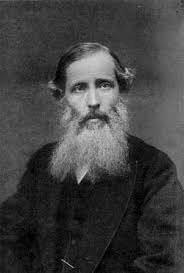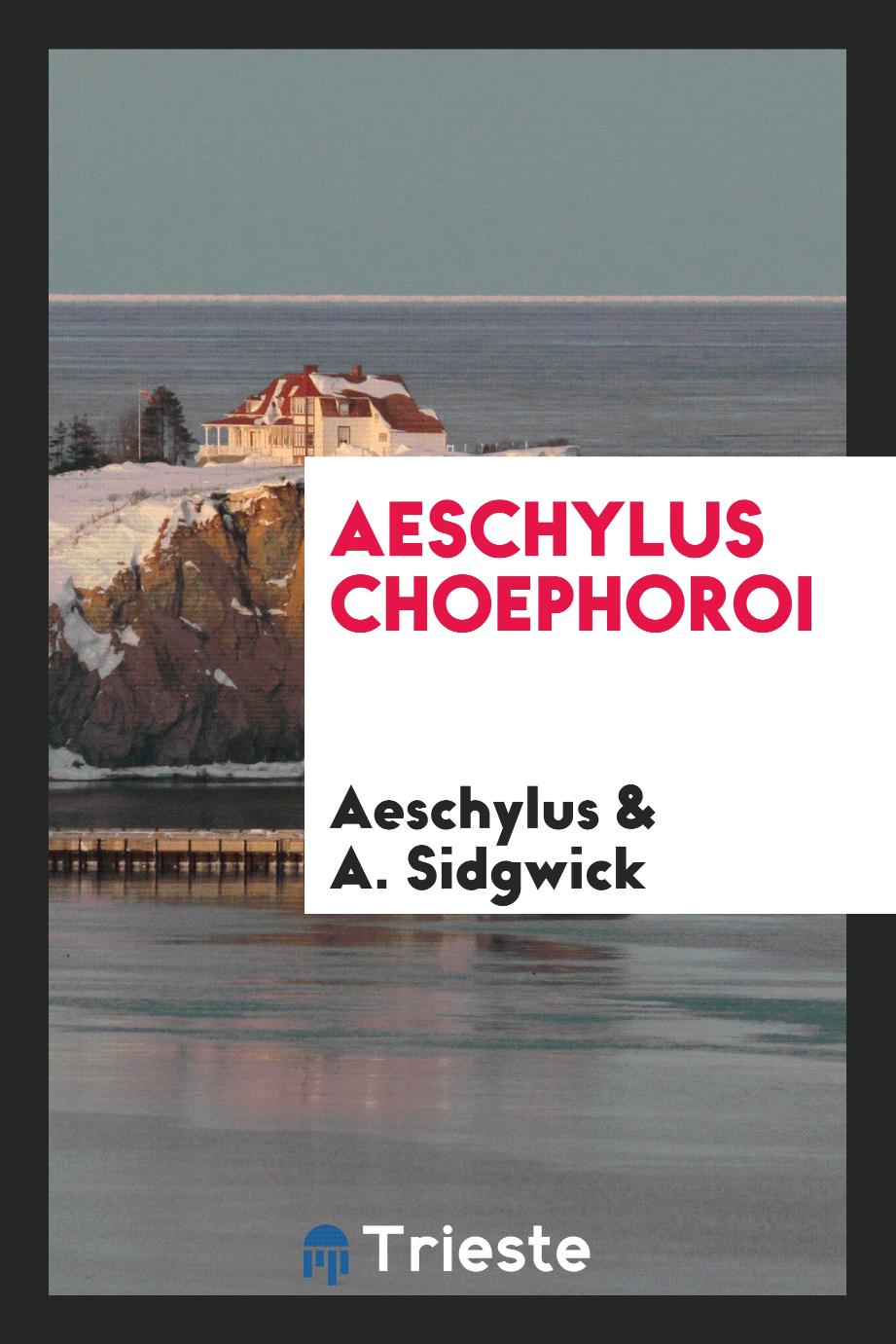
A. Sidgwick
Henry Sidgwick (31 May 1838 - 28 August 1900) was an English utilitarian philosopher and economist. He was the Knightbridge Professor of Moral Philosophy at the University of Cambridge from 1883 until his death, and is best known in philosophy for his utilitarian treatise The Methods of Ethics. He was one of the founders and first president of the Society for Psychical Research and a member of the Metaphysical Society and promoted the higher education of women. His work in economics has also had a lasting influence. In 1875 he co-founded Newnham College, a women-only constituent college of the University of Cambridge. It was the second Cambridge college to admit women, after Girton College. Newnham College's co-founder was Millicent Garrett Fawcett. In 1856 Sidgwick joined the Cambridge Apostles intellectual secret society. Henry Sidgwick was born at Skipton in Yorkshire, where his father, the Reverend W. Sidgwick (died 1841), was headmaster of the local grammar school, Ermysted's Grammar School. Henry's mother was Mary Sidgwick, née Crofts (1807-79). Henry Sidgwick was educated at Rugby (where his cousin, subsequently his brother-in-law, Edward White Benson, later Archbishop of Canterbury, was a master), and at Trinity College, Cambridge. While at Trinity, Sidgwick became a member of the Cambridge Apostles. In 1859, he was senior classic, 33rd wrangler, chancellor's medallist and Craven scholar. In the same year, he was elected to a fellowship at Trinity and soon afterwards he became a lecturer in classics there, a post he held for ten years. The Sidgwick Site, home to several of the university's arts and humanities faculties, is named after him. In 1869, he exchanged his lectureship in classics for one in moral philosophy, a subject to which he had been turning his attention. In the same year, deciding that he could no longer in good conscience declare himself a member of the Church of England, he resigned his fellowship. He retained his lectureship and in 1881 he was elected an honorary fellow. In 1874 he published The Methods of Ethics (6th ed. 1901, containing emendations written just before his death), by common consent a major work, which made his reputation outside the university. John Rawls called it the "first truly academic work in moral theory, modern in both method and spirit". In 1875, he was appointed praelector on moral and political philosophy at Trinity, and in 1883 he was elected Knightbridge Professor of Philosophy. In 1885, the religious test having been removed, his college once more elected him to a fellowship on the foundation.


